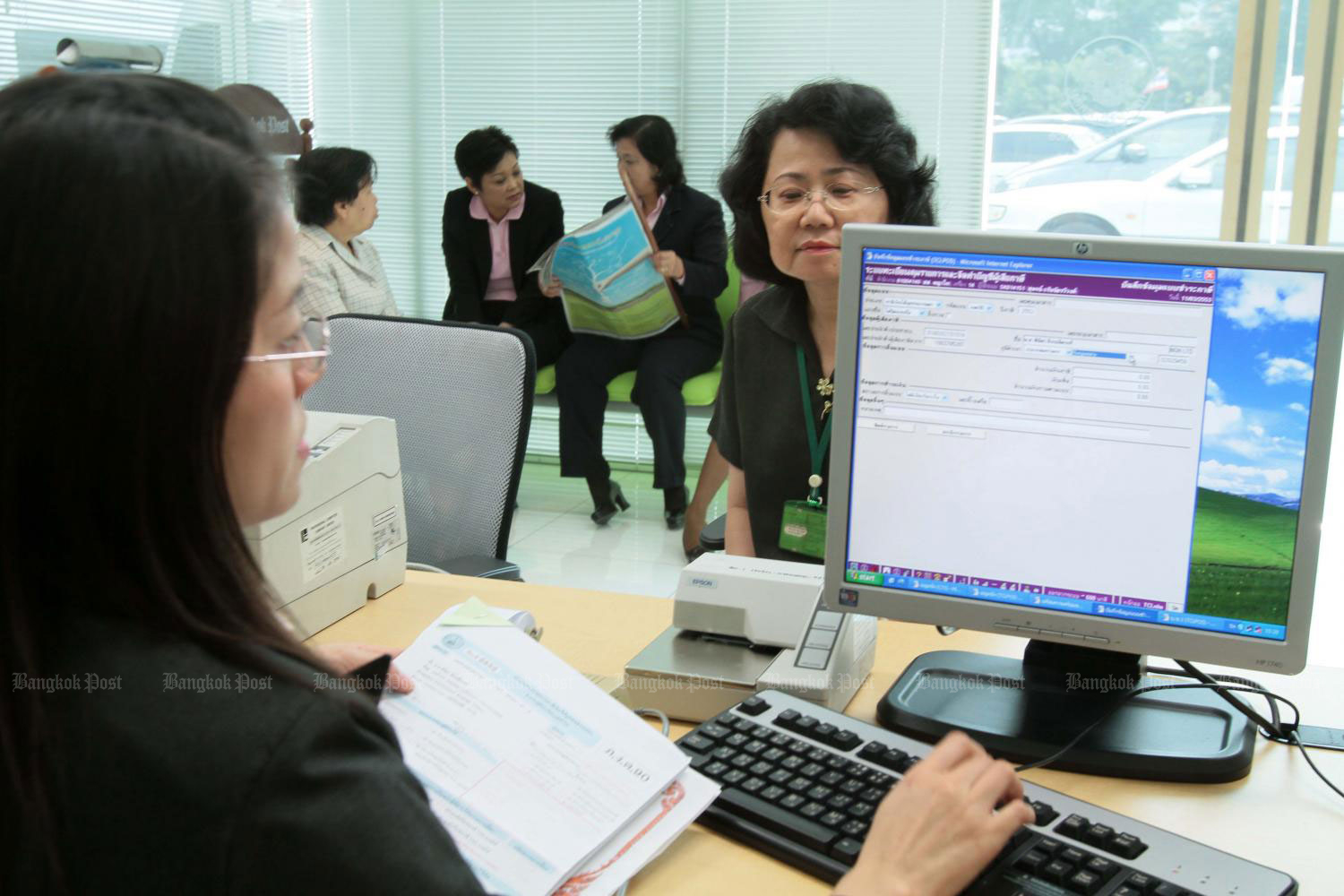
The Revenue Department recently amended its notification regarding taxation on specified foreign-sourced income by stipulating that local residents who earn overseas income will be subject to personal income tax (PIT), according to Paragraph 2 of Section 41 of the Revenue Code.
From now on, people who have earned overseas income either from their occupation or doing business abroad or from wealth that is located abroad but has been exempted from PIT for nearly 40 years, must factor this into their PIT for the year.
Why is the government opting to collect tax on foreign-sourced income as it has been exempted for a long time?
Department deputy director-general and spokesperson Vinit Visessuvanapoom said the tax collection is to comply with international standards on the exchange of financial information to promote tax transparency and fairness. In other words, whether income is earned within the country or abroad, one must pay tax.
Why was such tax exempted in the past?
In fact, the department has never exempted the collection of PIT for income accrued offshore. The previous rule, which was drafted 40 years ago, allowed residents with foreign income to be taxed only if it is brought into Thailand in the year in which the income is received. However, the income will be exempted from tax if it is brought into Thailand in the following year.
For example, in the case of overseas income earned on Dec 31 but remitted to Thailand on Jan 1 the following year, there is no need to pay PIT to the Revenue Department.
Why has the department issued such a rule on tax collection as it could create a loophole for tax evasion?
This is mainly due to limitations in the past, namely the double tax agreements used by only a few countries. Therefore, if the government collected tax on income from abroad, the taxpayer would be subject to double taxation as tax must be paid to Thailand as well as paid to the country in which the income is being earned.
However, Thailand currently has 61 double tax agreements which prevent individuals or companies operating in more than one country being taxed twice on the same income.
In addition, in the past there were limitations on tools and technology for checking the timing and amount of income remitted to the country while now there is technology to monitor the outward and inward movements of money as well as international data exchange agreements which enable tax authorities to effectively utilise information for efficient tax administration.
Furthermore, tax collection from overseas income was so trivial due to restricted environmental conditions in the past, namely low technological development, which impeded an individual's ability to invest or work abroad. Despite technological progress at present, people who are keen to invest or work abroad are limited to those who have a good economic status and good knowledge and expertise.
More importantly, in the past, one of the main incomes of Thailand was from labourers who worked abroad and sent money back to the country. Therefore, the government does not want to create a tax burden for such workers.
Therefore, the interpretation of Paragraph 2 of Section 41 of the Revenue Code is deemed to limit the power of the Revenue Department.
It is noteworthy that Section 41 stipulates: "An individual Thai citizen or foreigner who lives in Thailand for one or more periods totalling at least 180 days in any tax [calendar] year is, for tax purposes, deemed a resident of Thailand and subject to tax on all assessable income [according to Section 40 which indicates types of income subject to tax] derived from sources within the country, whether paid within or outside Thailand, and on assessable income derived from foreign sources to the extent that it is brought into Thailand in a year in which income is received."
The collection of PIT on overseas income will be primarily based on the principle of self-declaration in conjunction with the use of digital technology and international information exchange systems for verification.
When will the new rule take effect?
The programme will begin on Jan 1, 2024 and apply only to tax residents in Thailand meaning tourists and short-term workers will be exempt. Also exempt will be those who have been taxed in a foreign country that has a standing double tax agreement with Thailand.
However, the department will need to work out more details such as planning for the tax credit system in the case of a prior double tax agreement with the source country.
During the transition period before the enforcement of this new rule, the Revenue Department will invite all stakeholders to discuss in detail any problems encountered as the department needs to issue many subsequent regulations or laws to support such an initiative.
Mr Vinit added that the revision of PIT collection will help enhance Thailand's international standing as a member of many bilateral and multilateral agreements, promote fairness in tax collection both from domestic and foreign sources as well as ensure transparency in tax practices.